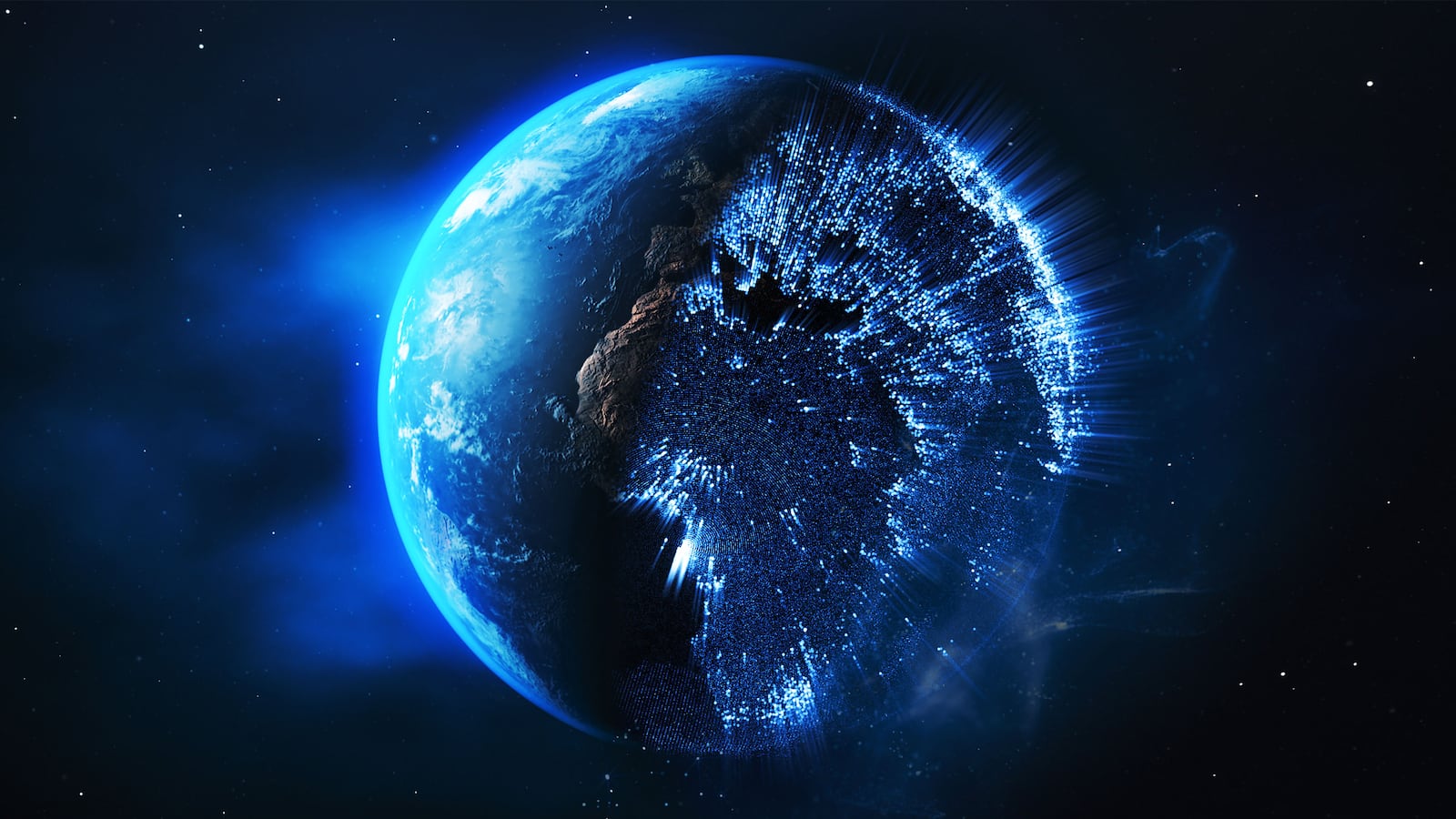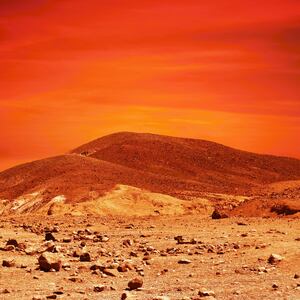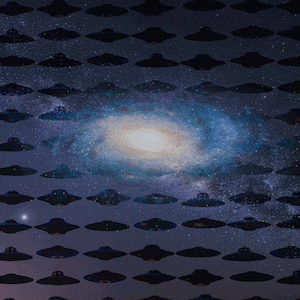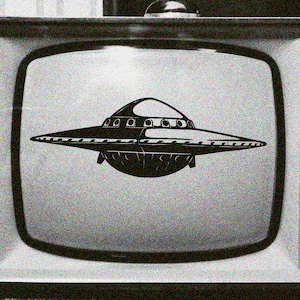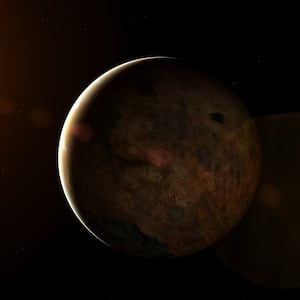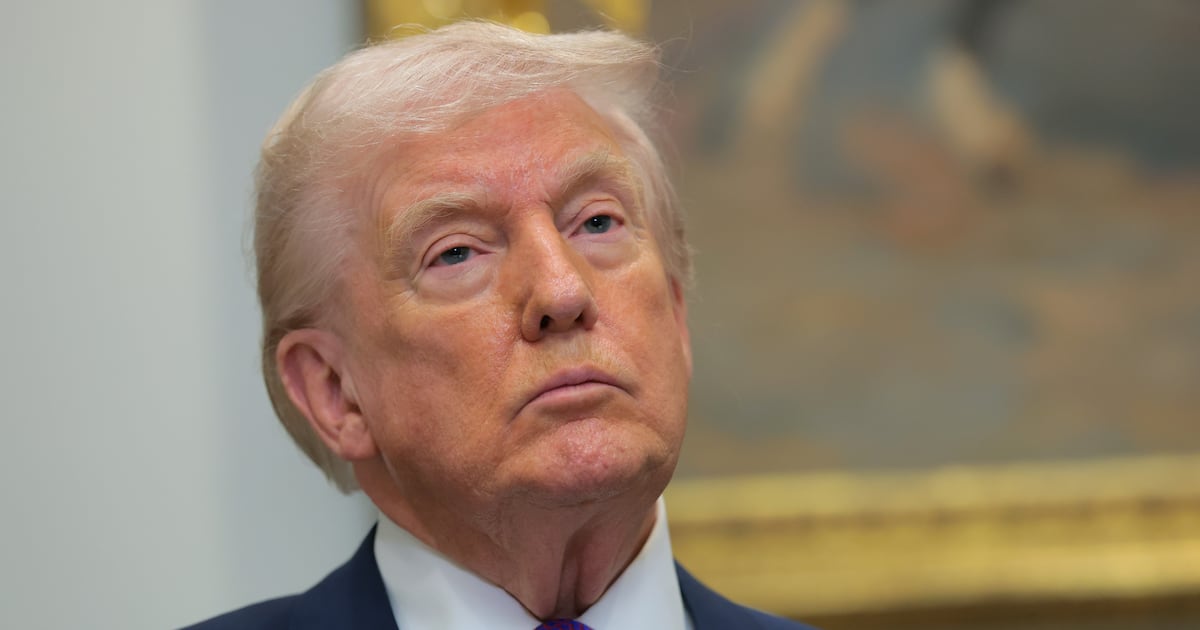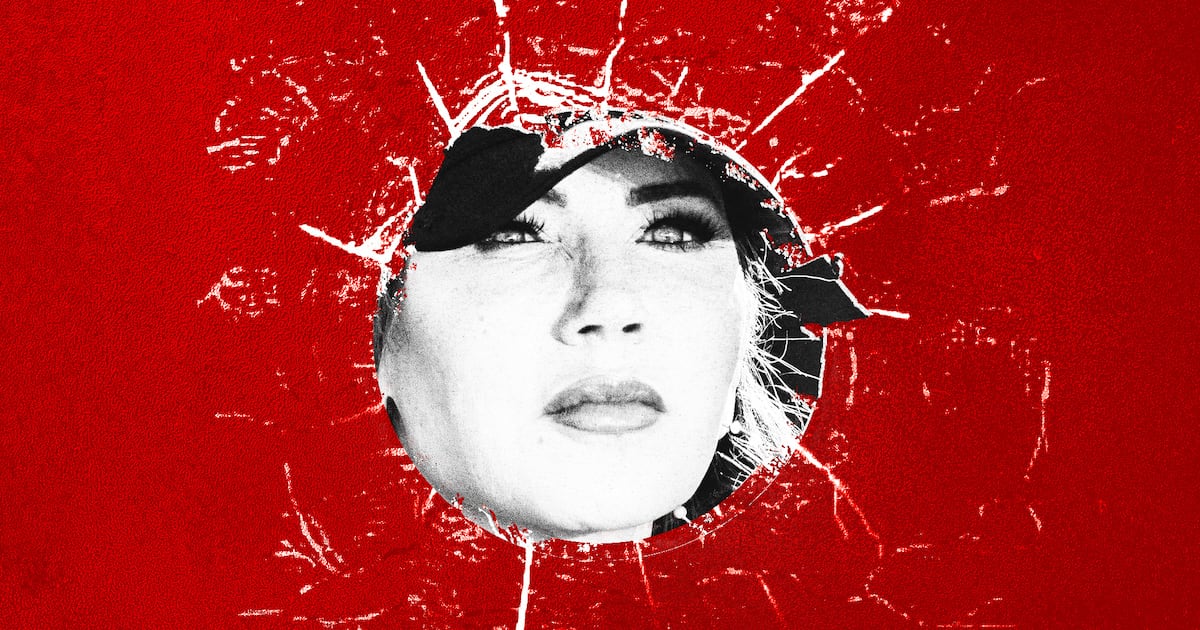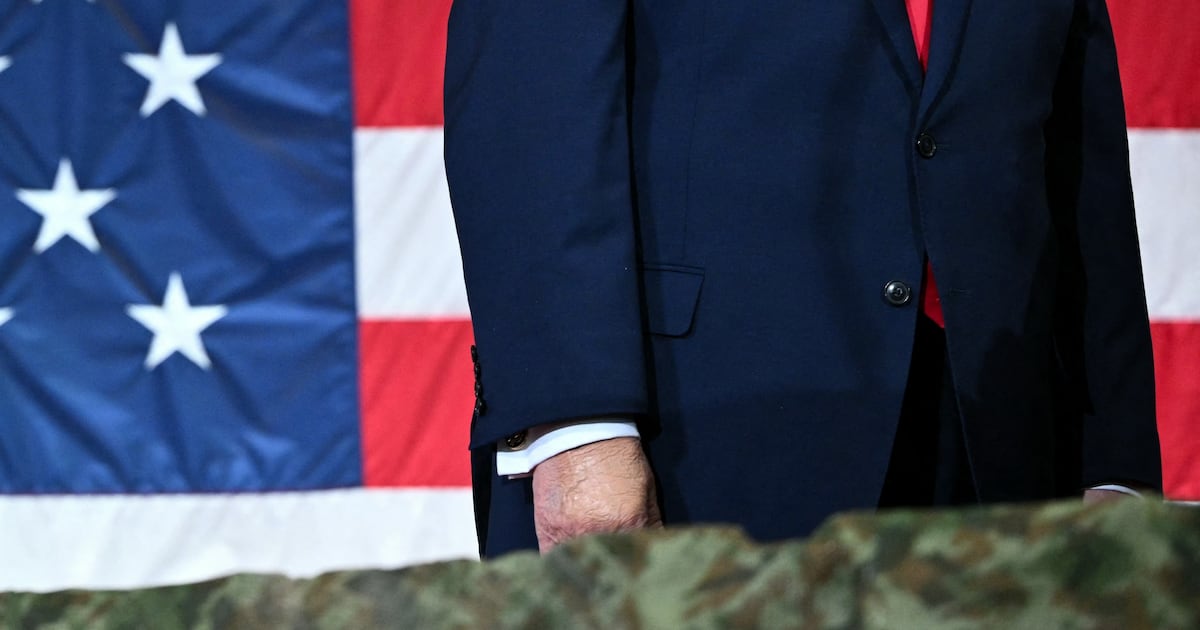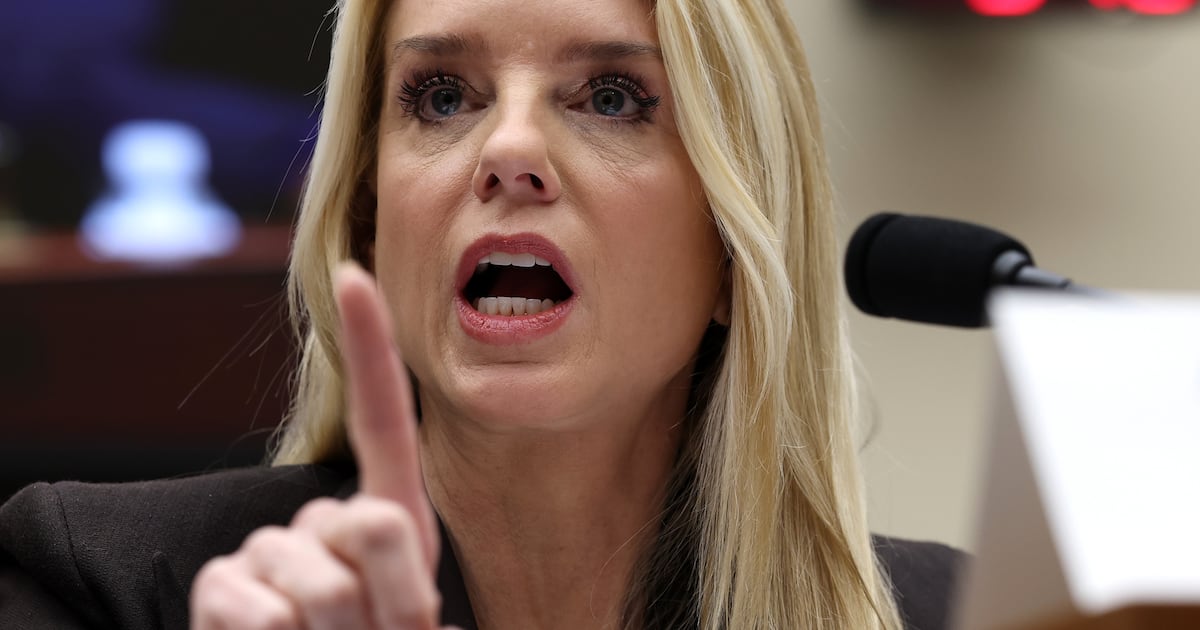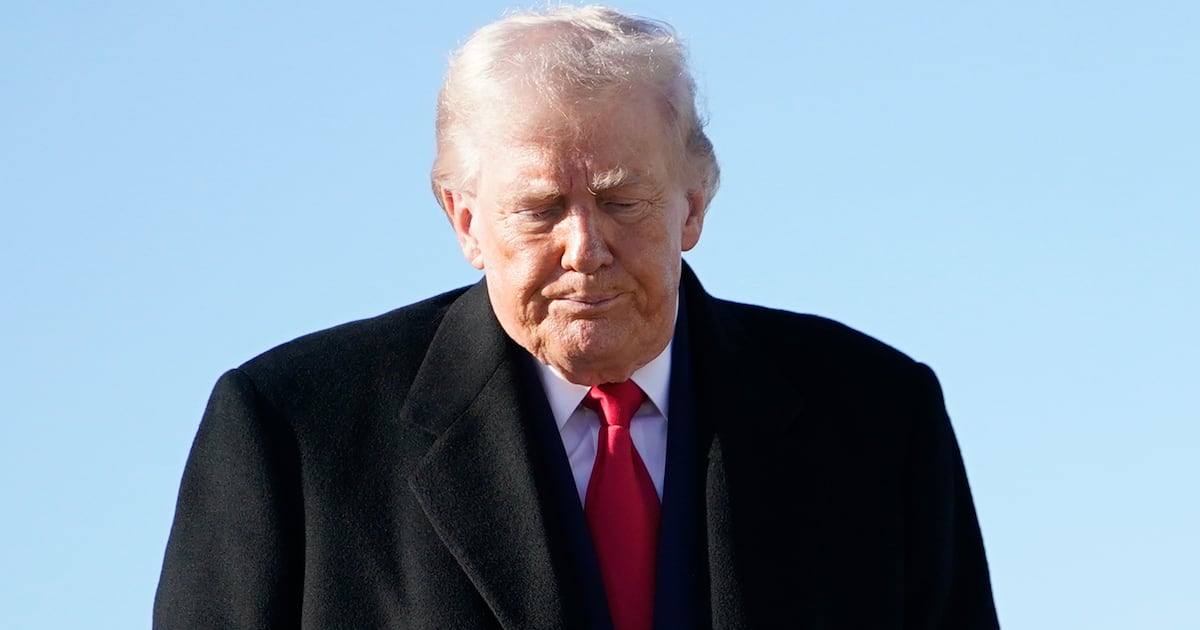More and more astronomers are coming around to the idea that we’re not alone in the universe. To them, it’s a matter of math, and humility. With potentially trillions of life-supporting planets out there, why would ours be the only one to evolve a high-tech civilization?
But if extraterrestrials do exist, we still haven’t met them yet. (Probably.) You’d think out of trillions of chances for life to spawn in the universe, we’d have found signs of other intelligent life by now, right?
Now a team based at NASA’s Jet Propulsion Laboratory in California is revisiting an old theory to explain why. The “Great Filter” theory posits that other civilizations, potentially many, have existed during the history of the universe, but they all wiped themselves out before they got a chance to make contact with us.
Even more chillingly, we’re on track to “filter” ourselves out of existence as well, so to speak. In that sense, understanding why we haven’t met other civilizations—that is, what aliens may have done to destroy themselves—could hold the key to saving our own civilization.
“The key to humanity successfully traversing such a universal filter is… identifying those attributes in ourselves and neutralizing them in advance,” JPL astrophysicist Jonathan Jiang and his coauthors wrote in a new study that appeared online on Oct. 23 and has not yet been peer-reviewed.
Not everyone in the sciences buys the idea of the Great Filter. “It feels overly deterministic, as if the Great Filter is a physical law or a single looming force that confronts every rising technological civilization,” Wade Roush, a science lecturer and author of Extraterrestrials, told The Daily Beast. “We have no direct evidence of such a force.”
But there’s no disputing the theory’s impact. The Great Filter was originally proposed by Robin Hanson, a George Mason University economist, back in 1996. It has since become a staple of science-fiction worldbuilding. And for good reason: it’s dramatic. “The fact that our universe seems basically dead suggests that it is very very hard for advanced, explosive, lasting life to arise,” Hanson wrote.
By “explosive,” he’s referring to the possibility of a civilization achieving cheap spaceflight and colonizing a lot of other planets, fast. In Hanson’s theory, there’s something—or a lot of somethings—that prevents intelligent life from thriving on its home planet, expanding to other planets and surviving long enough to make contact with aliens such as us.
At least one leading advocate of the search for alien life has no objections to the theory. “I think it is plausible,” Avi Loeb, a Harvard physicist, told The Daily Beast.
To understand the Great Filter, Jiang and his coauthors turned a mirror on humanity. Whatever seems likeliest to kill us might also pose an existential threat to intelligent life on other planets, they proposed. They drew up a short list of the biggest threats to the human species, all but one of which are entirely our own fault.
Sure, an asteroid might hit Earth with enough force to kill pretty much everything on the planet. That’s not necessarily something we can prevent. But the other civilization-killers the JPL team think are likely are also self-inflicted. Nuclear war. Pandemic. Climate change. Runaway artificial intelligence.
Jiang’s team chalks up these existential risks to what they describe as deeply ingrained dysfunction in intelligent beings such as humans. “Dysfunction may snowball quickly into the Great Filter,” the researchers wrote.
But dysfunction isn’t inevitable, Jiang and his coauthors stressed. “The foundation for many of our possible filters finds its roots in immaturity,” they wrote. We could grow up as a species, dismantle our nukes, switch to clean energy, tamp down on the zoonotic viruses that cause the worst pandemics and even develop better technology for deflecting planet-killing asteroids.
All of these reforms require humanity to work together, the JPL team wrote: “History has shown that intraspecies competition and, more importantly, collaboration, has led us towards the highest peaks of invention. And yet, we prolong notions that seem to be the antithesis of long-term sustainable growth. Racism, genocide, inequity, sabotage… the list sprawls.”
With peace, love and understanding—and some major technological breakthroughs—we just might survive our own self-destructive tendencies and defy the Great Filter. And if we can work together to get past the filter, it stands to reason other civilizations could, too. Our own survival should give us hope that someday, somehow, we’ll meet the other Great Filter survivors.
Or maybe not. Hanson himself thinks Jiang and company got the Great Filter, and the potential solutions to it, partially wrong.
The global cooperation Jiang and company advocated as the means of our survival could be the very thing that ends up destroying us, Hanson told The Daily Beast. “Clearly they recommend more centralized control and governance of our civilization,” Hanson said. “But I actually see excess governance centralization as the most likely contribution to our future Great Filter.”
In Hanson’s conception, the more we decentralize, the more likely some of us to survive and thrive. Imagine isolated homesteaders riding out a devastating pandemic, or private space-explorers—your Jeff Bezoses and Elon Musks of the world—establishing off-world colonies on the moon or Mars. Colonies that could endure even as some calamity wipes out everyone on Earth.
Other critics think the entire Great Filter theory is bunk. It’s possible we haven’t met aliens yet not because they’re all dead, but because… well, we haven’t met them yet. The universe is vast. Even if there are billions of thriving alien civilizations, they’re almost certainly very far away. It’s going to take patience, and a lot of searching, to eventually find them.
“The Great Filter theory depends on the assumed observational result that nobody is out there,” Seth Shostak, an astronomer with the California-based SETI Institute, told The Daily Beast. “But that conclusion is far too premature. We’ve just begun to search.”

